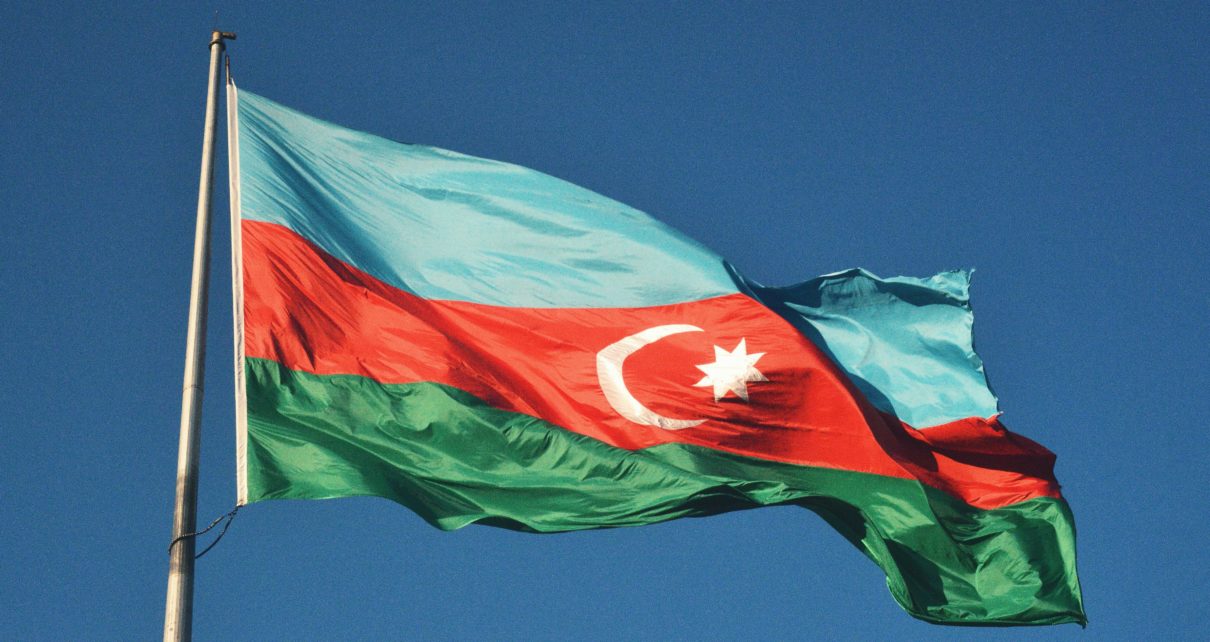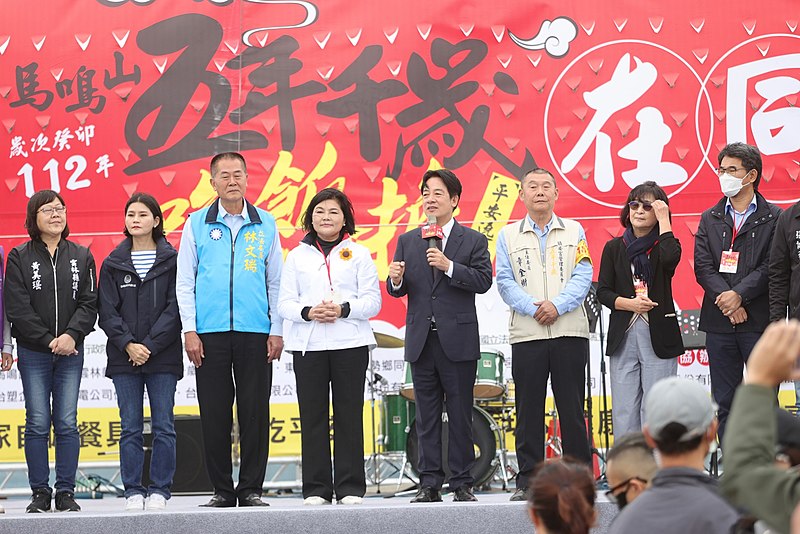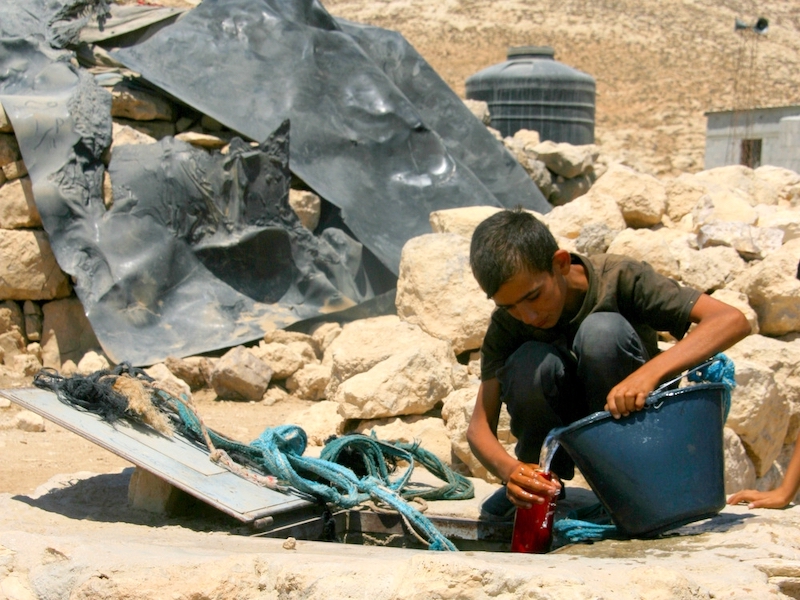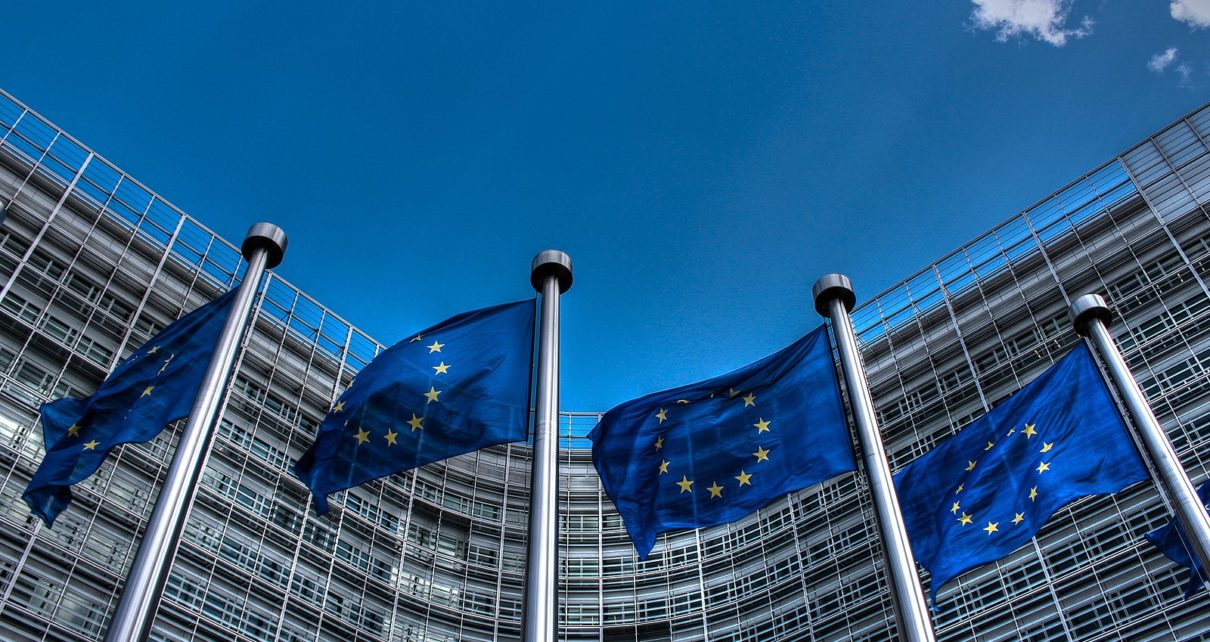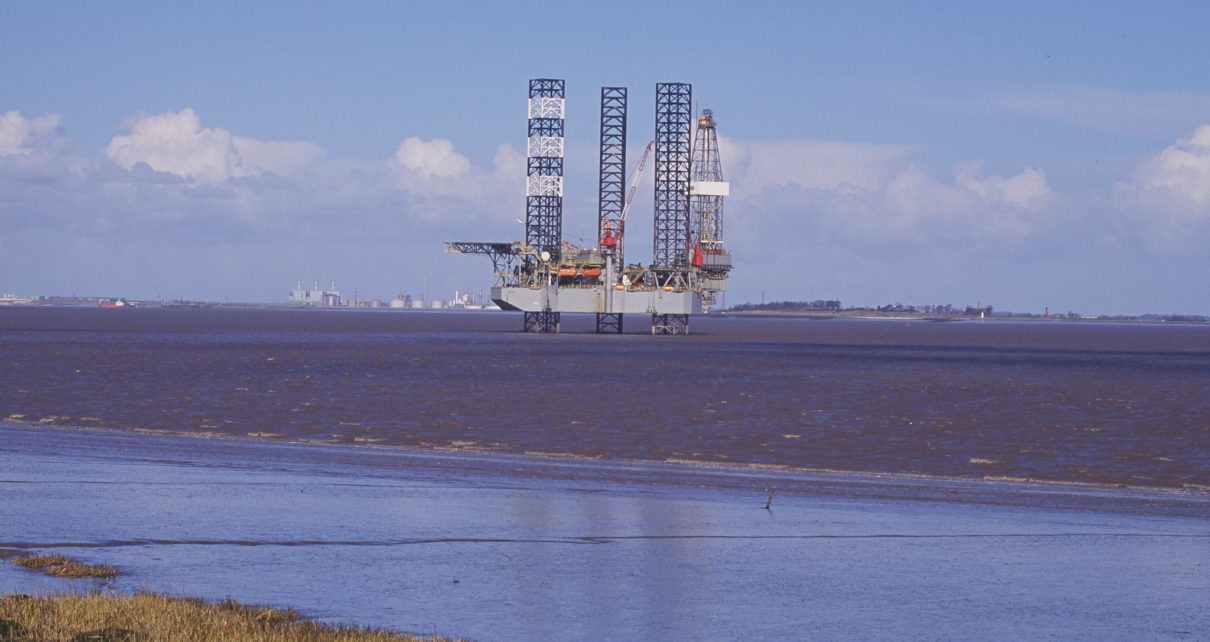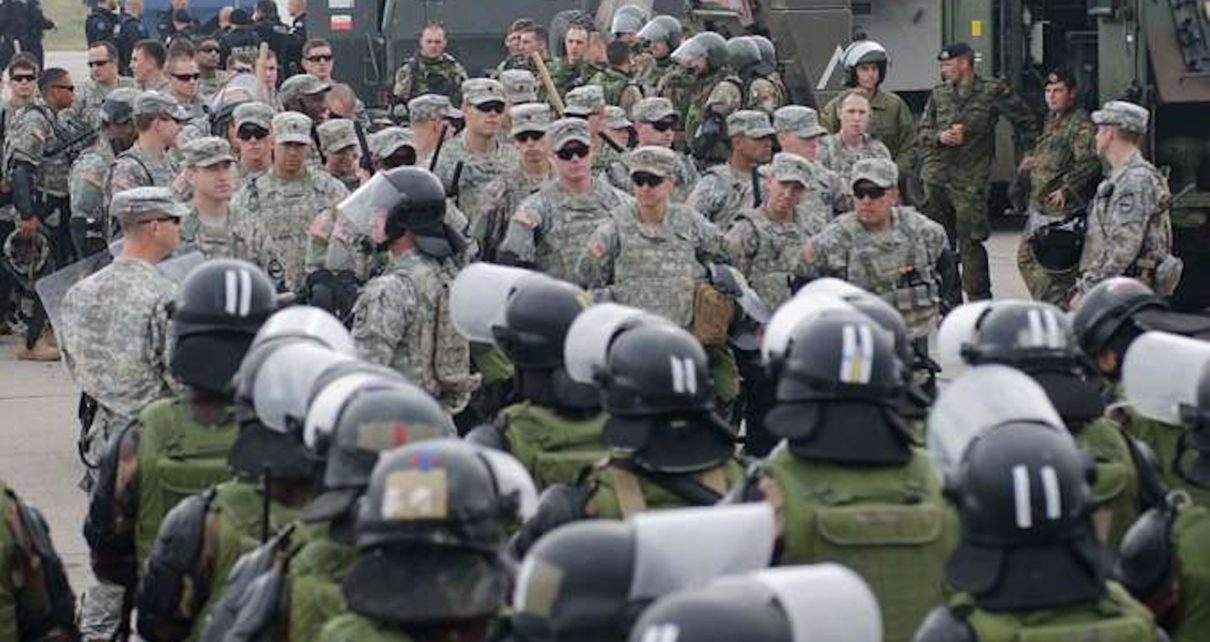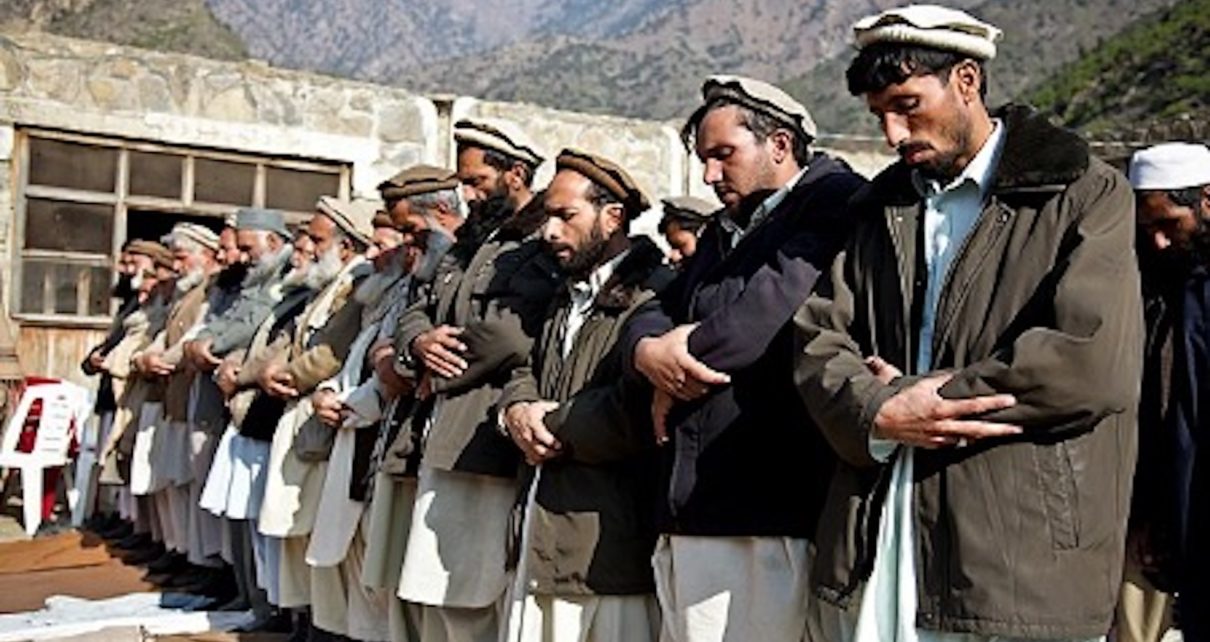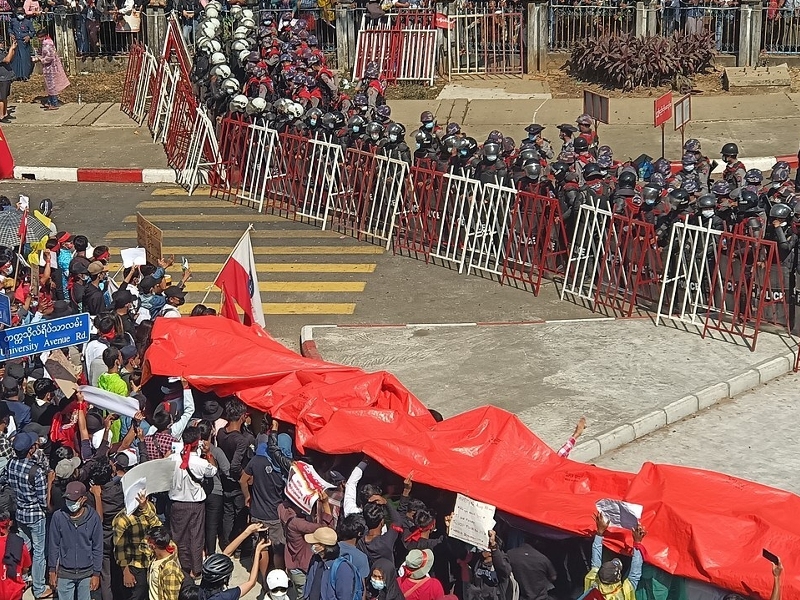Dr. Robert Cutler writes on the 10th Ministerial Meeting of the Southern Gas Corridor Advisory Council, which he describes as an important milestone in EU-Azerbaijani energy relations.
Articles
Special Report: Preserving the Peace in the Taiwan Strait under President-Elect Lai Ching Te
Abstract: A staunch advocate of the Republic of China (Taiwan)’s political self-determination, Lai Ching-te of the Democratic Progressive Party won the presidential election in Taiwan, leading some experts to speculate that the country could be inching closer towards an armed conflict with China. How can NATO member-states and security partners help strengthen Taiwan’s national resilience Read More…
NATO’s Aims and Interconnectedness Reflected in a Flemish Tapestry
To mark the 75th anniversary of NATO, the NATO Association of Canada, Toronto, organizes several events that will highlight NATO’s alliance and Canada. We received the following invitation: “We invite you to be a part of this initiative and share your organization’s contribution to NATO’s collective history.” My, or rather our “organization” is the Canadian Association Read More…
Are Wars a “Recipe for Epidemics”?
During the American Civil War, in the 1860s, two thirds of soldiers’ deaths came, not from the conflict itself, but from infectious diseases, including typhoid and malaria. These infectious diseases were infamously referred to as the “Third Army.” Even over a century later, with the knowledge that people now possess of infectious diseases, they still Read More…
Mapping Russian Disinformation Narratives And Their Influence Across Europe In The Face Of The 2024 European Parliament Election
Since Russia’s full-scale invasion of Ukraine, the threat of pro-Kremlin disinformation in Europe has become a matter of increasingly pressing concern. This is particularly true for NATO members that provide Ukraine with significant military and humanitarian aid. Between February and March of 2022, Russia’s state budget for mass media increased by 433 percent, as “the audience and reach Read More…
Abu Dhabi Buy-in to Caspian Sea Gas Enhances European Energy Security
Dr. Cutler writes about Abu Dhabi’s landmark deal in the Caspian Sea and its strategic significance for European energy geopolitics.
“CIMIC” Doctrine in Post-Conflict Missions and Humanitarian Operations under NATO-led forces: The KFOR Case
Abstract: This article compares experiences gained in KFOR and ISAF and what they might equip Allied leaders to anticipate in the Western Balkans, should Moscow begin to create trouble on that front to shore up its position in Ukraine. Post-conflict missions and humanitarian operations conducted by NATO-led forces have revealed successes, lessons learned, and challenges to civil-military Read More…
The Afghan Diaspora’s Double Dilemma: Mass Migration, Forced Repatriation
Afghan Mass Migration In recent years, Afghanistan has been a focal point of global attention due to the magnitude of its humanitarian crisis after the NATO withdrawal and Taliban takeover in 2021. Decades of persistent insurgency have resulted in widespread insecurity, creating a chaotic environment for individuals and families. The violence from such armed conflict has led Read More…
China’s Ascendance: Its History and Hazards – Part 2: The Long March
If you read “China” in Chinese, it actually means “Middle Kingdom.” It epitomizes why, politically and culturally, a significant proportion of the Chinese population believes that China is a superlative civilization that must restore itself to its “former glory.” Chinese emperors have fought for control of one of the longest-lasting empires on earth, from the mythical Read More…
Myanmar, in Hopes of Restoring a Failing State
The country of Myanmar is a failing state, where a civil war is raging on between the military and pro-democratic resistance groups. In February 2021, the military succeeded in staging a coup that overthrew the National Unity Government (NUD), which was led by the elected president, Aung San Suu Kyi. Since then, the NUD has Read More…

